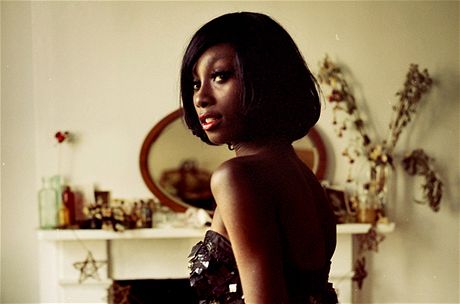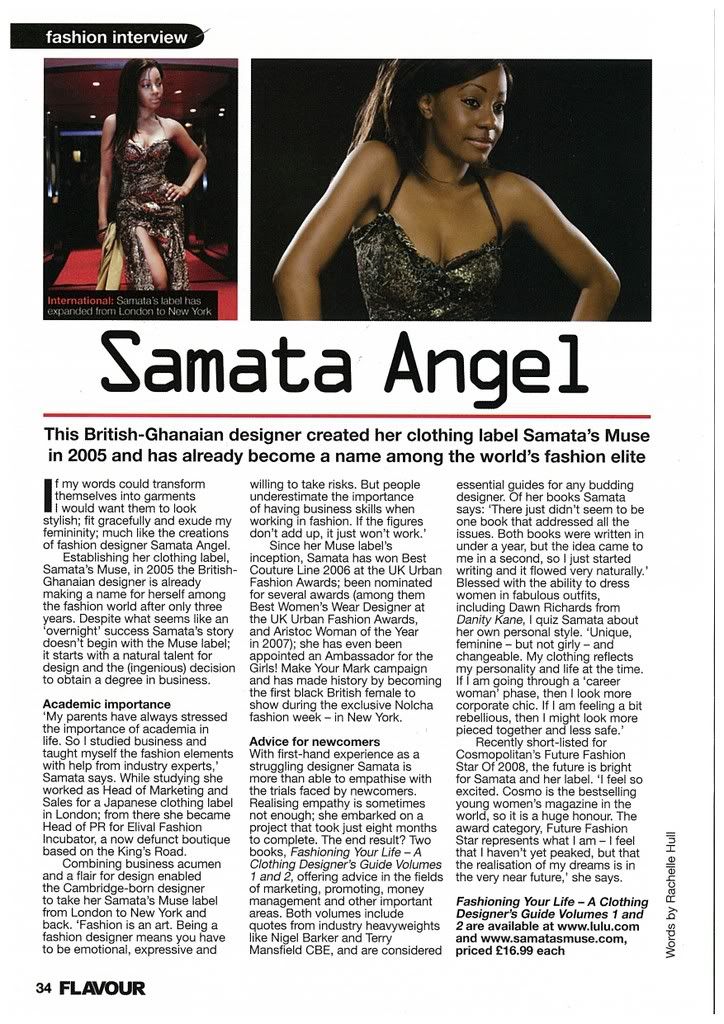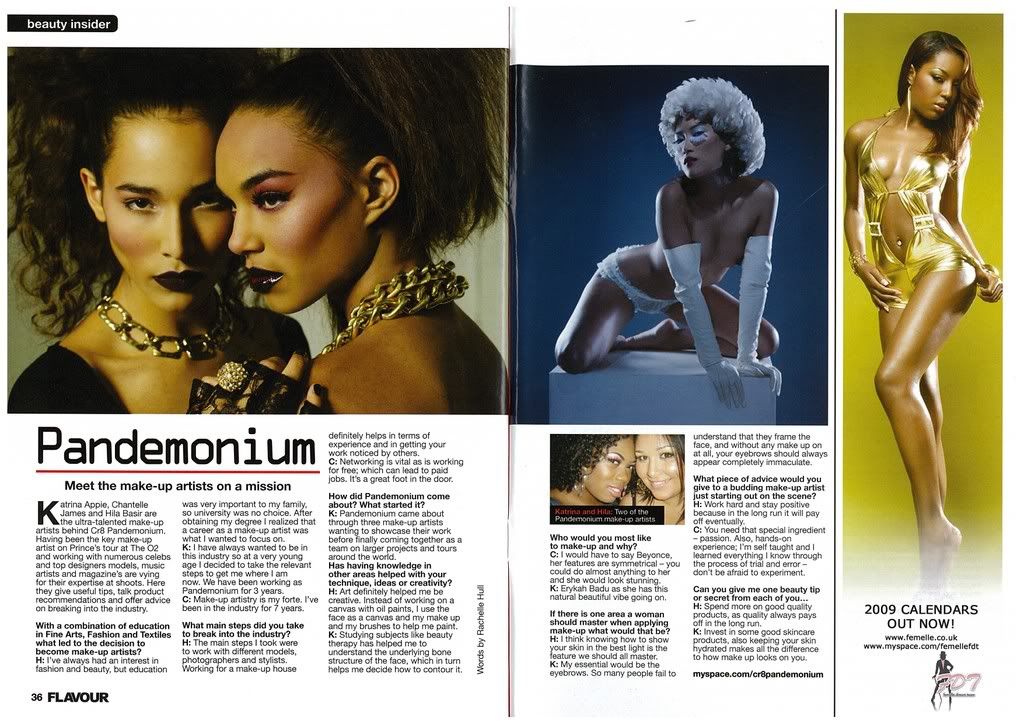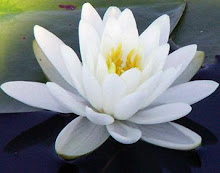Gospel gave birth to soul and with his debut album Just Love, Brian Courtney Wilson (a protégé of Mathew Knowles) proves why the genre has always remained relevant. “The Bible says love covers a multitude of sins and that’s what I wanted to sing about on the album,” he says. “Not just the fruit of [loving] but also struggling with that.” Read on as the Chicago native talks to SoulCulture about the merits of love: with God, one’s self and each other.
SoulCulture: Why did you call the album Just Love?
Brian Courtney Wilson: Because people decided to just love me, despite my flaws and faults. They gave me the opportunity to follow the dream that God has given for my life. It’s the reason why I can keep going instead of worrying.
SoulCulture: How did you feel when it debuted at No.2 on the Billboard Current Gospel Albums Chart?
BCW: That was an awesome feeling because the album took a year before it was released and there were days when I didn’t think the album was going to come out. So knowing what it cost my family to get it done, the label and everyone involved for it and for people to acclaim it and see value in it is very gratifying.
SoulCulture: Why did you decide to cover “Simply Redeemed”? What was it about this particular song that stood out for you?
BCW: When the A&R at the record label first heard me sing she said that I was the person to sing that song. I had never heard the song before, but when I heard it I knew it was one of those songs that were tailor made for my experiences and what I’ve been through. I’m not saved because I deserve to be saved, but because somebody paid the price.
SoulCulture: “No Other” and “I Need More” are the dance-to tracks on your album; do you plan to further explore this type of production on your sophomore album?
 BCW: I want to; but more than just trying to do something so people can sing and dance, I want it to be credible. I want to be able to do it with integrity, where we have a song that still serves the purpose and manifests the presence of God.
BCW: I want to; but more than just trying to do something so people can sing and dance, I want it to be credible. I want to be able to do it with integrity, where we have a song that still serves the purpose and manifests the presence of God.
SoulCulture: What was it like working with Stan Jones?
BCW: He was awesome and to me one of the best things about this project because this can be a lonely business and we’ve become brothers and friends. He allowed me to be myself; he wasn’t trying to make me be anything but who I was.
SoulCulture: How much creative control did you have on your debut album?
BCW: I wrote six of the songs and co-wrote “No Other” with Stan. I’m grateful for it because producers are usually there to try and tell you exactly what you’ve got to do and how.
SoulCulture: Which track did you feel the most connection with when recording?
BCW: I don’t know if I have a song like that because they all mean a lot to me. For instance, “Believe” was the first song we recorded and that was song about my wife and what we’ve been through. “Simply Redeemed” was not a song I wrote but it’s definitely a testimony for me. ”All I Need,” the single that’s out now, was recorded in one take and what that song really meant was I’m in the studio because God put his healing hand on me and we were all in tears singing that song. But there were many moments like that, throughout the project.
SoulCulture: Which track describes your relationship with God at the moment?
BCW: It’s really the whole album. But there are three songs that I probably sing more “Just Love,” “Already Here” and “All I Need”; all of those songs mean something. If you listen to Just Love it’s about being in a community and accepting it, through expecting the best from the people around you. Beyond that you have a blessed assurance that God is present and that he is waiting for us to be exactly who he wants us to be.
SoulCulture: Mathew Knowles signed you almost immediately after he heard you sing. Why do you think he was so taken with your gift?
BCW: It’s hard to say. I don’t want to put words in his mouth but from day one I tried to sing as sincerely as possible what I know to be the truth, it was never about trying to be famous. All [Matthew] says when he talks to people about me is, “You just have to hear this guy.”
SoulCulture: You are described as the ‘Neo-Sacred’ voice of the label – can you elaborate on what that means?
BCW: Yes and no. What I found in this business is people try to categorise what you are doing, all I can say is what we’re trying to be is relevant in church and out of church. I think the way to do that is to be honest about where you are right now. I’m not trying to reinvent the wheel and I’m not trying to be a cool Christian. I don’t think there’s anything cool about being a Christian, when you think about what Christ had to do.
SoulCulture: What has Gospel taught you about yourself?
BCW: With Gospel music you have to operate with integrity and that’s more than just being holy, you’ve got to be disciplined about your craft. You can’t just roll out of bed and do it; it takes time to get where you need to be, to be effective on a world stage doing music. Basically, gifts and talents aside it takes hard work to be ready and do this.
SoulCulture: What do you enjoy about being a Gospel artist?
BCW: In the studio you have an opportunity to shape and mould and maybe go back and really make sure your message is clear, that what you’re trying to say is clear and what you’re trying to express is actually put on the record. When I get in front of people it’s time to lay that aside and focus on what the need is in front of you. That’s what I love about singing to live audiences, I’m in a position where God can use me to meet it.
SoulCulture: How did being a minister of music help you when it came to writing songs for your album?
BCW: It provided a canvas to work from. When you’re operating in the community and dealing with the day to day of people there is a wealth of things you can say from those experiences that you can put on a record. When I perform I start with the title track, because it feels good when people hear it.
SoulCulture: When you’re penning lyrics do you only have believers in mind?
BCW: No, when I’m writing I’m just trying to write and give as clear a message as possible. So whether you’re a believer or not you can at least understand where I’m coming from. Sometimes I write something that only somebody who goes to church will get, but I pray that I don’t do that often.
 SoulCulture: What do you want people to come away with after listening to Just Love?
SoulCulture: What do you want people to come away with after listening to Just Love?
BCW: I want it to be an enjoyable experience and I want the presence of God to manifest. When I say this I mean if you were feeling hopeless you can have some hope now, if you had a need and wasn’t sure where it was coming from maybe something is revealed so you can see your way. You know just a step towards restoration and reconciliation.
SoulCulture: What are your thoughts on the younger generation who are using rap or Hip Hop to spread the word of God?
BCW: I think it’s great. Canton Jones, who I got the chance to meet, he is an influence. Our styles aren’t the same, but he’s influential because he’s been giving a chance to be honest about the lifestyle. More than just talking about God, he’s also talking about people that want to worship Him and what they have to struggle with. I’ve had a chance to listen to his album and the things he says are just incredible to me.
SoulCulture: Why do you think a true testimony is an artists’ most important contribution to Gospel music?
BCW: The Bible says that we overcome by the word of our testimony and if you’re going to be a witness to the kingdom it’s about overcoming. If you believe, it starts with just being honest about who you are and what you’ve had to go through.
SoulCulture: Who are some of your favourite artists in the music industry and why?
BCW: Fred Hammond, I call him the Frankie Beverly of Gospel. When I was in college there was a girl I had a crush on and she told me I had to like Donny Hathaway, at that point I hadn’t heard of him but I immediately bought some of his records. Since then I’ve called him my unofficial vocal coach, because back then I tried to pattern what I was singing after what he was doing. I just really loved his tone and the emotion that you would hear in his music. Also the Winans; growing up in Chicago you’d never hear Gospel on the radio except on Sundays and their song “The Question Is” used to play. Back then I guess they were considered a little avant-garde because they were trying to make music that reflected our side of the church.
SoulCulture: You’ve said that you wanted to sing with Mary Mary, John Mayer and Stevie Wonder. Why these particular artists?
BCW: Mary Mary, when you listen to their songs they’re just rich with meaning and with an opportunity, if you believe, to find God. I’ve admired John Mayer for a while because of the impact that he’s had on my life with his lyrics and at his age. In his delivery he’s not trying to hide what he knows, he wants you to understand what he is saying and that’s courageous. Who doesn’t want to work with Stevie Wonder? He’s influenced so many people with the volume of work that he’s done and in the joy that’s infused in it.
SoulCulture: What is next on the Brian Wilson agenda?
BCW: I’m in the middle of a promotion tour in the States, trying to get the music to as many different people as possible; I’m also writing for the next project. With writing there’s more God revealing things than you have the ability to capture and put down, so I’m looking forward to waiting on God to reveal what’s next.
Just Love is out now on Spirit Rising/Music World Entertainment
© Rachelle Hull, 2009
Published at soulculture.co.uk


























